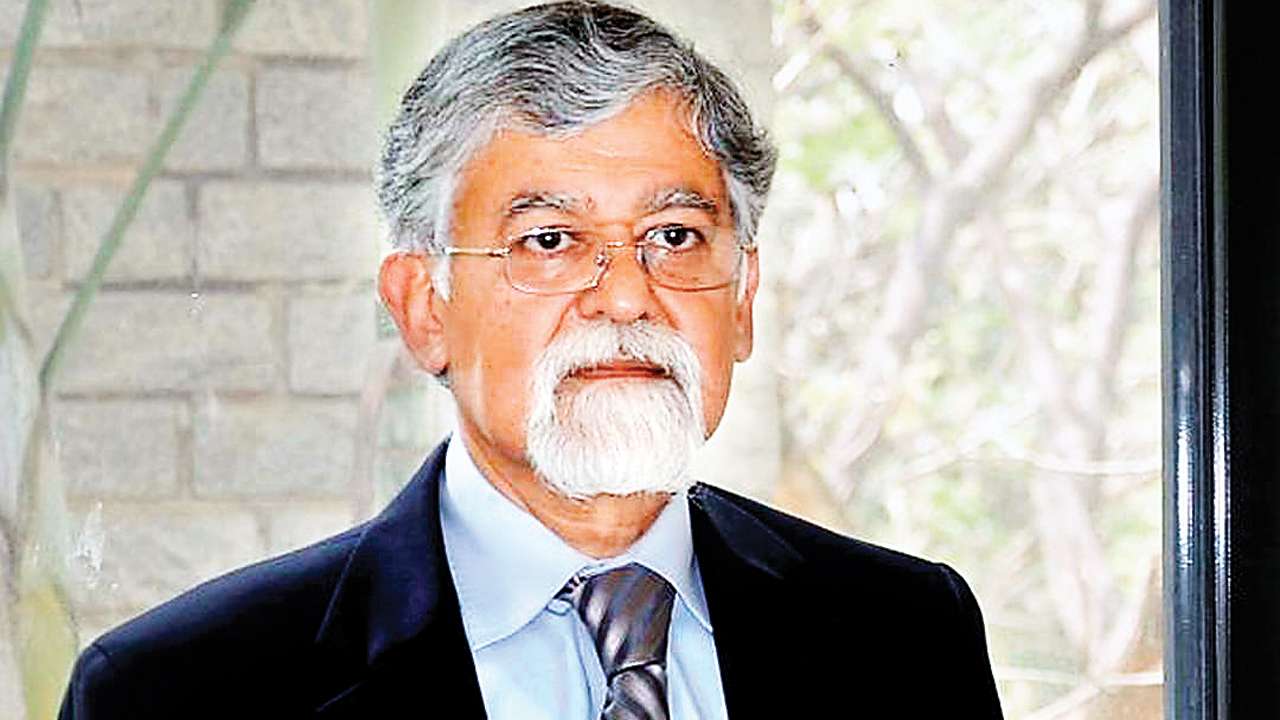
Let us have a phased programme of privatisation of banks, starting with the weakest and the smallest bank. The ones in which the governments have sunk taxpayers' money year in and year out and still keep on doing it should be chosen for privatisation. The government doesn't need to sell the entire portion. It can just be 26%. Management control can be handed over to private banks through an auction process. There is a need to privatise the PSBs as fraud always happens first in the public sector due to lack of proper systems. Secondly, there are no incentives for the bankers. So a lot of people in public sector banks make money by recommending loans. The corruption has seeped in down the line. They think everyone is making money and why don't I also make some. And the sad thing is you can't change it. So privatisation is the only answer. Corruption is systemic as it has been going on for years. In the process, the taxpayers and the poor are the losers.
IBC will bring a big change, though it will take some time to become smooth. You have to set up courts, institutions, train people and have processes in place. It is one of the most significant reforms. All those who opposed it will say it's not working. But we know it has worked in every developed country. We couldn't do as the Leftist political environment didn't allow it. Earlier banks could not recover as they would be caught up in the courts for 20-25 years. Moreover, the legal system was biased against lenders as it would rarely penalise borrowers. The IBC is designed to change all of this.
The financial system moves very quickly. The people out there are quite smart and can fool you. So regulators and bankers need to be trained. The reason for the global financial crisis was that the regulators didn't know. They should have got the experts, understood it and changed the regulations. We did a lot of financial reforms, but for specific things, like this, we always got experts. You may have a general idea, but may not be an expert. My understanding of RBI is that most of the committees that existed for various purposes were abolished or redone. This will definitely apply to Raghuram Rajan's time. There were no standing committees and no committees except two. So in that sense outside inputs were not organised. There was an organised system which was given up for whatever reason. Don't know why. So that would be an issue.
The ones which are clear are twofold – slow recovery and sustained weakness in the sector. The weak global situation and its impact on the countries including India in terms of recovery is the first part.
The second part is that India including some other countries have dealt with the issues by postponing the decisions thinking there would be a recovery. So we haven't tightened regulatory systems fast enough. In some sense, the reforms in financial regulations were proceeding at a good pace till 2008, but perhaps there was a pause. Some people were talking about the NPA issue and that it must be resolved when the new government comes in. But I think we delayed it too long. Also, it must be said there is a responsibility of the central bank, which is the regulator of the banking system. But once it started tightening, which had to be done at some point, many of these things came out. There were things which were bad earlier, and then the tightening brought them to public attention. So these are two facts which have to be recognised.
By 2012, the things were back to 80s. The usual thing which came up during 2012-14 was the delays in decision making for the revival of the economy. And I felt right from the beginning before demonetisation that year that we were finally on the road to recovery. And the reason was very clear and purely economic. There were two consecutive droughts. They have had very bad effects. This is what actually happened in 2014-15 and 2015- 16. Then, with the predicted normal monsoon in 2016-17, I expected domestic situation, given all the reforms that were happening, will be clear, and there will be a good recovery. This would have meant less NPAs. Not that the tightening of NPAs wouldn't have happened, but it accentuated the problem. So both the slow reforms before the elections plus demonetisation were very risky sort of measures. In fact, they made things worse.